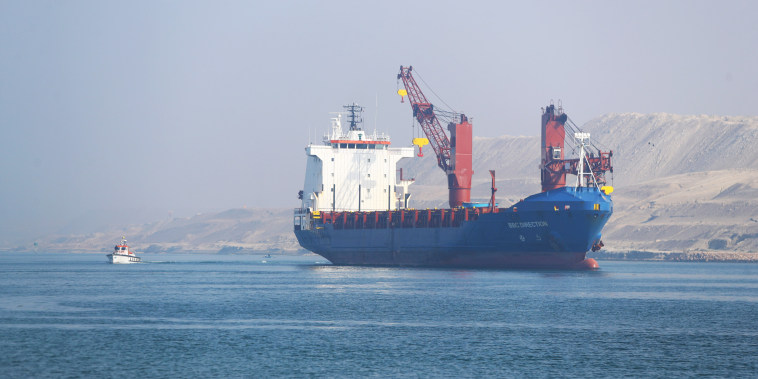


Stock futures climbed on Wednesday, driven by strong performances from Salesforce and Marvell Technology, following upbeat quarterly earnings. Futures tied to the Dow Jones Industrial Average rose by 215 points (0.5%), while S&P 500 futures gained 0.3%, and Nasdaq-100 futures
Stock futures are trading slightly lower Monday morning as investors gear up for the final month of 2024. S&P 500 futures slipped 0.18%, alongside declines in Dow Jones Industrial Average futures and Nasdaq 100 futures, which dropped 0.13% and 0.17%,
The opening of a Starbucks near South Korea’s Demilitarized Zone (DMZ) highlights the intersection of global commerce and geopolitics, showcasing the brand’s ability to establish itself even in politically sensitive locations. Positioned in an observatory in Gimpo, just 1.4 km
